Posted in: 03/30/2023
On March 28, TyQuant promoted the debate “ How to face the vicious cycle of water: scarcity and abundance ”. The event addressed the trends of the UN Conference on Water, the prospects for the Brazilian scenario and allowed for the discussion of various topics related to the issue of water sustainability.
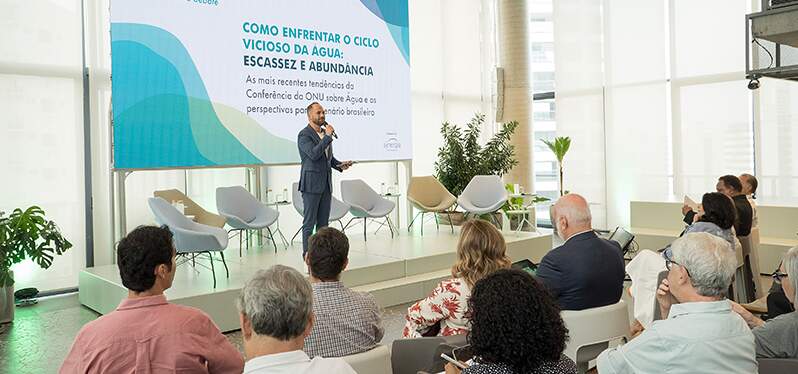
The meeting brought together experts who work in areas where the water issue is fundamental:
Ricardo Young was in charge of provoking the exchange of ideas on various points related to the issue of water in Brazil and began by exposing some of his impressions on the UN Conference on Water, which he participated in the previous week, in New York : “Why the more we talk about mitigation and adaptation, changes in rainfall, ocean acidification, rising sea levels, contamination of rivers and lakes with pesticides, pollution of water bodies with microplastics and many other phenomena what we affect water resources will not be resolved either in time, or with mechanisms used for carbon”, he pointed out.
Young emphasizes that the issue of water can only be treated in a holistic , collaborative , integrated and planetary way , and that it is necessary to recognize the urgency of society to unfold to the imperative of a regenerative economy , based on solutions based on nature.
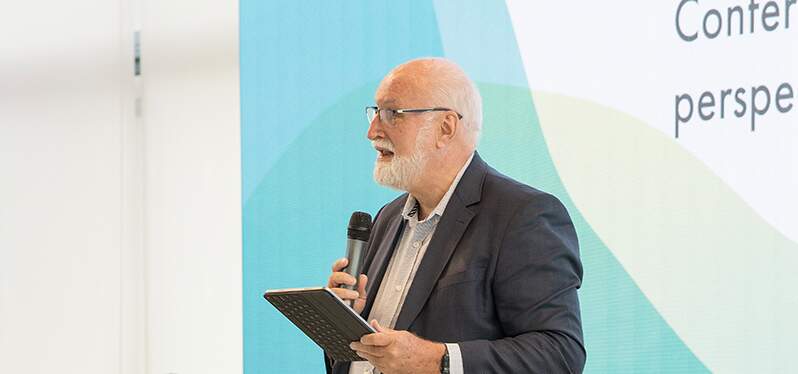
The initial proposal for the debate was based on what has already been done, what is being done and what is still possible to do in favor of water sustainability – as a society, government and, also, based on public policies .
On this theme, the speakers brought up the issue of engagement in the fight so that this natural resource is not destroyed and, in this sense, it is necessary to overcome the challenge of communication . Dal Marcondes, from Instituto Envolverde, commented: “We need a commitment to engagement with communication, which is fundamental for us to be able to make not only journalists and technical specialists, but people in general work with the theme on a daily basis. day.”
Still on the importance of access to information , the speakers highlighted the fact that it allows people to also deal with the impacts of the water crisis or even take measures before they happen.
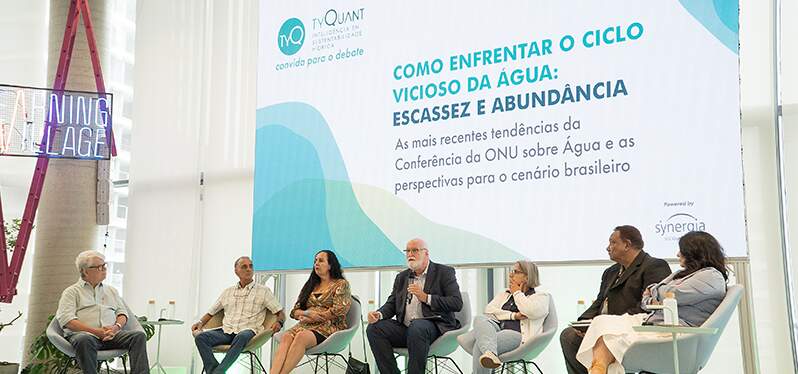
Edson Lobato, from the Coastal Conservation Institute (ICC), brought up the issue of the conflicts and difficulties faced in February 2023 on the north coast of São Paulo – when rain forecast at 250mm reached 680mm, causing the collapse of slopes and displacing several people . He points out that “A diagnosis of the situation of water availability is necessary , together with the responsible bodies, since they want to urbanize, industrialize and promote the growth of the region”.
Diagnosis of water availability has the function of directing the use of water by civil society and public bodies and enabling access to this information which, as highlighted by Dal Marcondes, is essential to engage and raise awareness of all about the usability and appreciation of this resource.
The specialists continued debating on the ways of facing the scarcity and abundance of water and pointed out that the universalization of water , making possible the access of all men and women, the valorization of the resource, avoiding waste, and the repair of the territories for the treatment of the water can mitigate the vicious water cycle .
Malu Ribeiro, from Fundação SOS Mata Atlântica, also participated in the UN Conference on Water and brought to the debate the theme of everyone’s right to clean water . The researcher pointed out the efforts made during the Conference for this resource to be recognized as a common good . “What motivated us to be there is that Brazil approves PEC 6/21 , which includes in the 1988 Constitution access to treated water , clean water as a fundamental right of Brazilian men and women”, she said.
The proposal for an Amendment to the Constitution (6/21) has already been approved by the Senate and is now being discussed in the Chamber of Deputies . Meanwhile, 35 million Brazilian men and women do not have access to the water supply network, according to data from the National Sanitation Information System (SNIS).
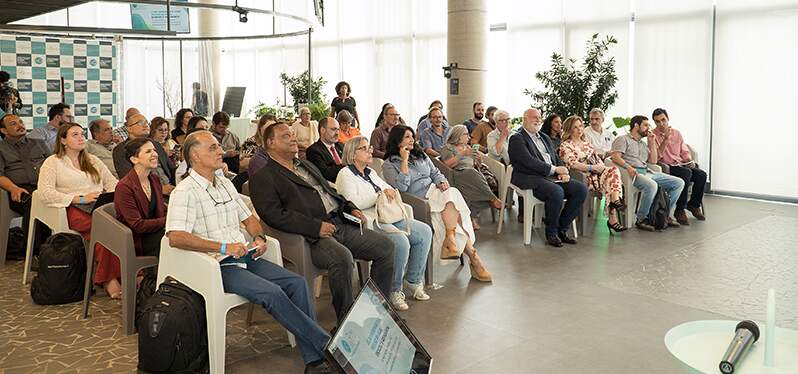
Indicated as consequences of climate change, the scarcity and abundance of water may have other causes and also a solution. Zezé Zakia, from the Forest Research and Studies Institute (IPEF), reports that the irregular and undervalued use of water, as if it were an infinite good , is a precedent for scarcity. “There is a moment when information and knowledge become valuable , but we have a very powerful routine that needs to be changed. So we have to take a routine and transform it into a value that makes us change what is on autopilot”, points out Zezé.
In Brazil, almost 40% of all drinking water is wasted , this number would be enough to supply more than 63 million Brazilian men and women . However, the waste happens in the catchment stage , which means that the water does not reach the homes.
Rinaldo Calheiros brought the imminence of water scarcity to the debate, an issue already pointed out in the United Nations World Report on the Development of Water Resources 2023 , in which 1.7 to 2.4 million people could be affected by the lack of water by 2050 .
The professor emphasized the need to avoid, or at least mitigate, these effects with solutions based on nature : “Nature is not able to cover the degree of degradation already caused and is demanding that a new course be taken ”, he says.
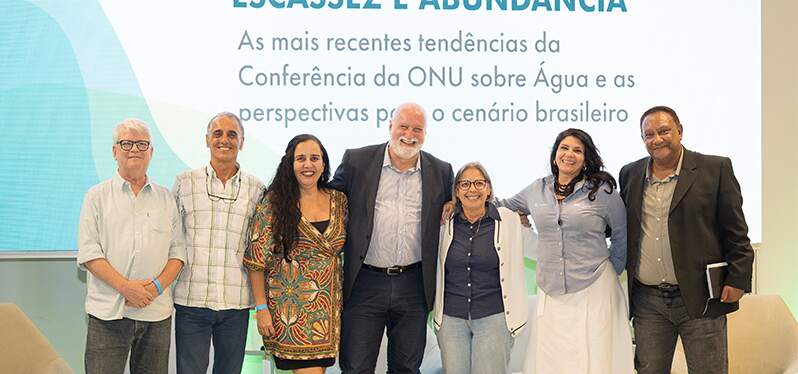
To end the debate, Simone Tenório, from Projeto Semeando Água – Sistema Cantareira, pointed out the growing approach on regenerative economy and action plans on water. However, she emphasized that the language adopted still does not reach everyone, requiring integrated strategies that reach schools, research and other interested parties.
Simone, who is also a researcher at the Instituto de Pesquisas Ecológicas (IPÊ), reinforces the work with the pillars of sustainability: the environmental , the economic and the social : “We talk about the bad practice of land use, but the rural producer do not have access. We have a gigantic gap,” she points out.
In order to restore what has already been affected, it is necessary to work together, in a multisectoral way , with small producers and large industries, so that everyone can participate in the development of the local bioeconomy , explained the researcher.
At the end of the debate, the experts answered rounds of questions from the audience and also spoke about their expectations regarding future political movements .
TyQuant, which promoted the debate “ How to face the vicious cycle of water: scarcity and abundance ”, is an applied intelligence system that aims at the production of water, social security and water in a territory, through analysis , evaluation and monitoring of water bodies .
Anchored in the experience of Synergia, which operates in strategic market segments for socio-environmental development since 2005, TyQuant proposed to promote the debate on the vicious water cycle, seeking to shed light on the effectiveness of a Nature-Based Solution (SBN) , which is its structural proposal. Its modeling fills a gap of information about the relationship between water potential, demand and repair cost to provide sustainability and water security, aligned with the organizations ESG (Environmental, Social and Governance) parameters and the UN SDGs (Sustainable Development Goals) .
Maria Albuquerque , founder and CEO of Synergia Socioambiental, points out the positive impacts of a solution like TyQuant: “We are providing a solution that innovates the ways of dealing with the issue of water sustainability , prioritizing an approach that starts from the assumption that solutions based on in nature are the most efficient to preserve and recover water, a vital resource for humanity and for ecosystems .”
Check out, in full, the debate “ How to face the vicious cycle of water: scarcity and abundance ”, available on our YouTube channel.
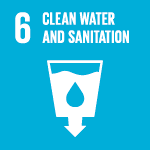
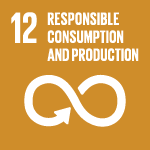
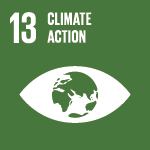
Sign up and receive our news.